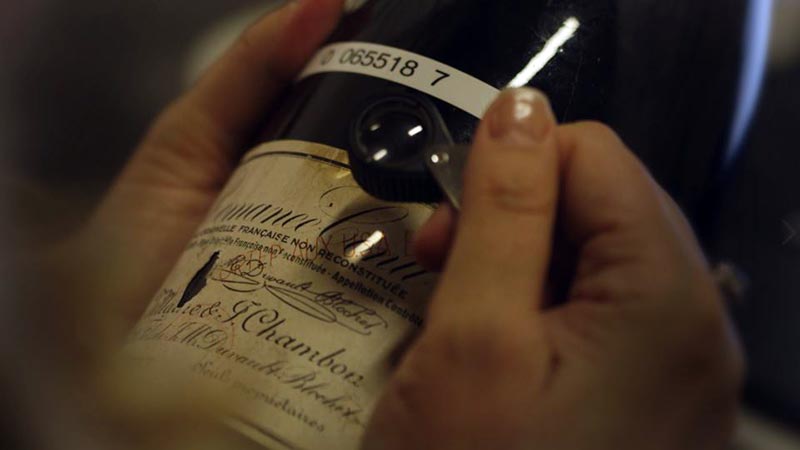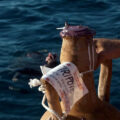It’s rare that the wine crowd gets a fancy film or TV series made for them. Normally, we’re stuck with documentaries or something related to the vainglorious world of “Planet Somm“. When a fiction offer arrives, it’s usually a small, indie affair such as, “Sideways”, or then cinematic, multi-lane pile-ups such as “Wine Country“. Clearly, it seems wine is better drunk than filmed. This is why one needs to take notice when an eight-part TV series such as Drops of God arrives. This is overall a stylish endeavor with a […]



